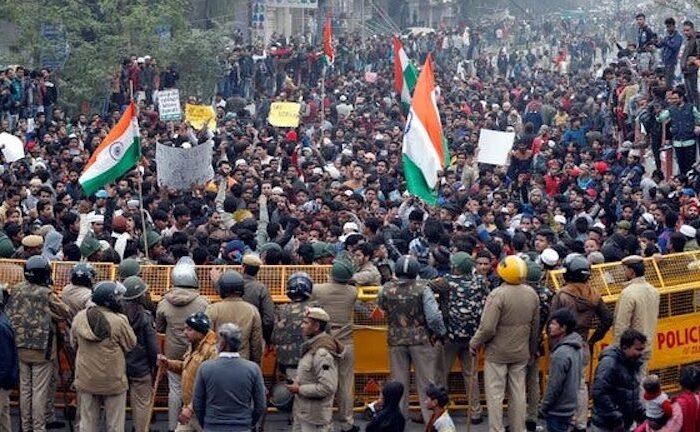In a shocking turn of events, the Pakistan Tehreek-e-Insaf (PTI) has announced its decision to pull out of talks with the federal government, leaving a month-long negotiation process in tatters. The abrupt withdrawal has sent shockwaves through the nation’s capital, Islamabad, and raised questions about the future of the country’s fragile political landscape.
The PTI’s decision to quit the talks comes as a significant setback for the government, which had been attempting to engage the opposition party in a dialogue aimed at finding common ground and addressing the country’s pressing issues. The negotiations, which had been ongoing for several weeks, had shown promise of yielding positive results, with both sides reportedly making concessions and exhibiting a willingness to compromise.
However, it appears that the PTI’s patience has worn thin, and the party has chosen to abandon the talks altogether. In a statement, PTI leaders cited the government’s alleged failure to address their concerns and implement meaningful reforms as the primary reason for their withdrawal. The party’s spokesperson argued that the government’s actions were nothing more than a “delaying tactic” aimed at buying time and avoiding genuine dialogue.
The government, on the other hand, has expressed disappointment and surprise at the PTI’s sudden decision to quit the talks. Officials claim that they had been engaged in good-faith negotiations and were willing to make concessions to find a mutually beneficial solution. The government’s spokesperson described the PTI’s withdrawal as “unfortunate” and “unhelpful,” emphasizing that the door remains open for future talks.
The collapse of the negotiations has significant implications for the country’s political stability and raises concerns about the potential for increased polarization and conflict. The PTI’s withdrawal may embolden other opposition parties to adopt a more confrontational approach, potentially leading to a worsening of the political climate.
As the situation continues to unfold, many are left wondering what prompted the PTI’s sudden change of heart. Insiders suggest that internal divisions within the party may have contributed to the decision, with some members pushing for a more hardline approach. Others speculate that the PTI may be seeking to capitalize on the government’s perceived weaknesses and gain an upper hand in the lead-up to the next general elections.
Whatever the reason, the PTI’s withdrawal from the talks has dealt a significant blow to the government’s efforts to build consensus and find common ground with the opposition. As the country teeters on the brink of uncertainty, one thing is clear: the road ahead will be fraught with challenges, and the ability of Pakistan’s politicians to put aside their differences and work towards the greater good will be put to the test like never before.





